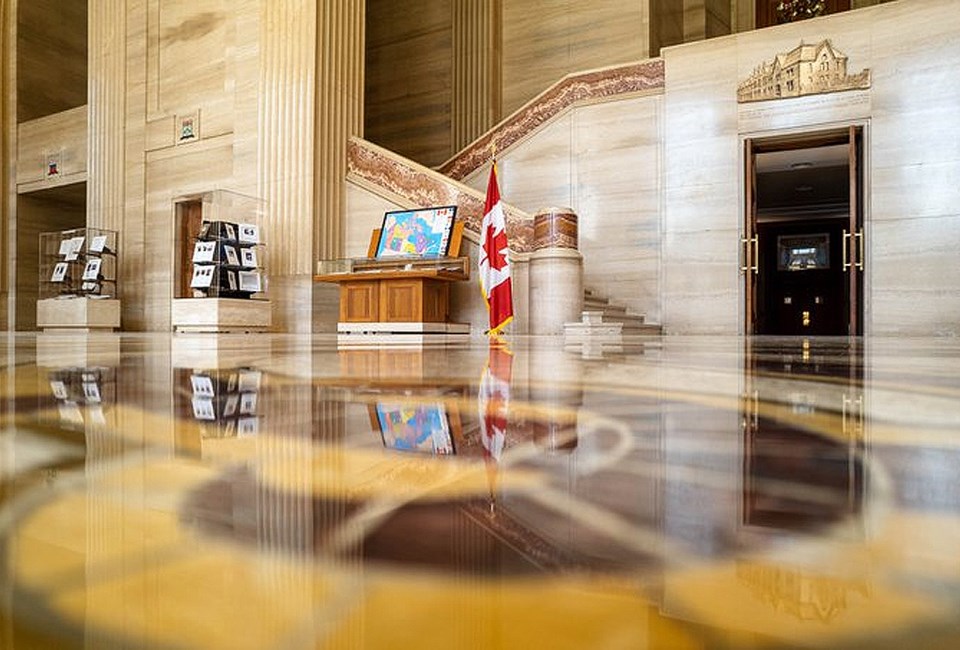SASKATOON - Two Saskatchewan residents are heading to the Supreme Court of Canada to argue that their constitutional rights for peaceful assembly were infringed upon by Saskatchewan's COVID-19 gathering limitations during the pandemic.
The Justice Centre for Constitutional Freedoms (JCCF), who are supporting the proponents, issued a news release about the case this past week.
On Dec. 19, 2020, Jasmin Grandel and Darrell Mills participated in a protest against the province's COVID-19 lockdown measures, at a gathering at the Vimy Memorial in Saskatoon's Kiwanis Park. They were ticketed by police as the event exceeded the 10-person outdoor gathering limit.
In response, on April 7, 2021, JCCF's lawyers filed a constitutional challenge to gathering restrictions at the Saskatoon Court of Queen's Bench on behalf of Grandel and Mills. In the challenge, on June 29, 2022, they argued that the gathering restrictions "violated their [Grandel's and Mills'] freedoms of expression, peaceful assembly, and association - protected by the Canadian Charter of Rights and Freedoms."
However, the court ruled the limitation was justified and found that "limitations of the freedoms of peaceful assembly and association were justified without the need for independent analysis of those rights."
Grandel and Mills appealed the decision at the Court of Appeal for Saskatchewan, but it was dismissed May 15, 2024.
They now have decided to take their case to the Supreme Court to appeal that decision. If the JCCF lawyers' application is granted, they will argue that Saskatchewan's COVID-19 gathering restrictions were "primarily an unjustifiable limitation of the freedom of peaceful assembly, which was not centrally considered."
"Our request to leave to appeal this matter seeks to address concerns with how Charter violations are addressed within the Section 1 analysis, when numerous Charter violations are engaged," lawyer Andre Memauri said. "Additionally, there exists a void in jurisprudence with respect to a test in how to address the guarantee of peaceful assembly directly, and we are hoping the Supreme Court of Canada provides guidance on this increasingly important matter to Canadians."
The JCCF noted that Canadian courts need to develop a test for addressing violations to the freedom of peaceful assembly.
This could potentially be a "precedent-setting case about the freedom of peaceful assembly," the organization said.




